Many spring festivals in Asia are diverse and interesting, surprising foreign tourists but can also affect your travel plans due to traffic congestion.
Songkran in Thailand and Golden Week in Japan put a huge strain on tourism infrastructure in both places. Many other spring festivals in Asia also attract large crowds.

Holi Festival in India

India’s festival of colours is one of the wildest spring festivals. If you are in India in March, you should definitely know the dates of Holi. Don’t wear your best clothes when you go out during this time. Holi is loud, colourful and absolutely unforgettable if you are brave enough to arm yourself with some powdered dye and join the fray. Crowds in the streets dance wildly and throw handfuls of coloured powder at each other as a sign of good luck. Holi is a celebration of good over evil. There are some artificial dyes used that can cause irritation. Be careful if you have skin or respiratory problems.
Nyepi: Balinese Day of Silence

Known as Nyepi, the annual day of silence puts Indonesia’s busiest island in a very different mood. On this day each year, the motorbikes quiet down, the bars stop pumping music, and Bali’s tourist machine stops running. This is done to keep mischievous spirits from wandering around and causing trouble. The day of silence is strictly enforced, even for foreign visitors. Tourists must stay within their hotel premises during Nyepi, turn off the lights, and speak quietly. Even watching television is not allowed. After all, you might need a break from the noise, fireworks, and raucous partying that happens on the eve of Nyepi. The day is also considered the traditional New Year according to the Balinese saka lunar calendar.
Songkran in Thailand

Songkran, the Thai New Year, has evolved into the world’s largest water fight. Songkran began as a tradition of pouring water on each other as a blessing. Buddha statues were brought out in a procession to welcome the new year, and then washed by devotees to gain merit. Modern Songkran celebrations have evolved into dumping buckets of ice water and shooting each other with giant water cannons. You’re guaranteed to get wet during Songkran. Your luggage could get soaked too if you visit during the height of Songkran. Love it or hate it, there’s only one way to survive Songkran: have fun and bring a bucket, or stay off the main streets.
Golden Week in Japan

Arguably the busiest time to travel in Japan, Golden Week is a collection of four consecutive Japanese public holidays that take place in late April and the first week of May. As many businesses close for the day, hordes of Japanese people take the day off to travel, causing traffic jams. Trains and flights are often packed. Public parks, shopping malls, and popular tourist attractions become even more crowded than usual with crowds. If you travel during Golden Week, expect long lines to buy everything you want to see and do. Visitors to Japan often find Golden Week exciting but restrictive. Just wait a week or two after the holiday to visit Japan, and you’ll enjoy more personal space and less traffic.
Hanami Festival in Japan

Hanami is a traditional festival of cherry blossom viewing in Japan. Spring is a great time to visit Japan and seeing the flowers in full bloom is a great reward. The beautiful cherry blossoms ( sakura ) bloom between March and May, depending on the latitude and climate. Many Japanese people flock to parks to picnic, drink and spend time with family under the blooming flowers. Some offices organize picnics and parties for their workers in the parks. Cherry blossoms do not last long, so they are revered as symbols of ephemeral beauty. Cherry blossom festivals coincide with Golden Week in some places, adding to the crowds, congestion and traffic jams.
Vesak Day (Buddha's Birthday)

Known as Vesak Day, the birthday of Gautama Buddha is celebrated in various ways on different days across Asia. Many countries celebrate the day in the spring, usually in May. Vesak Day is marked with religious ceremonies, fasting, and remembrance of Buddhist teachings. Tourists are rarely affected by observing Vesak, other than being inconvenienced by the suspension of alcohol sales in places like Thailand.
Gawai Dayak in Borneo

Celebrated primarily in Sarawak, Gawai Dayak is a celebration of the indigenous people (Dayak) who call Borneo home. Tourists can still visit and sometimes stay in traditional longhouses. Gawai Dayak is celebrated with traditional processions, games, and music. Although Gawai Dayak officially falls on June 1, the celebrations begin the night before.
(According to 24h, February 11, 2024)
Source


![[Photo] General Secretary attends the inauguration ceremony of the Ministry of Public Security Headquarters](https://vphoto.vietnam.vn/thumb/1200x675/vietnam/resource/IMAGE/2025/8/16/3ceec3a24ef945c18ae2b523563b749d)
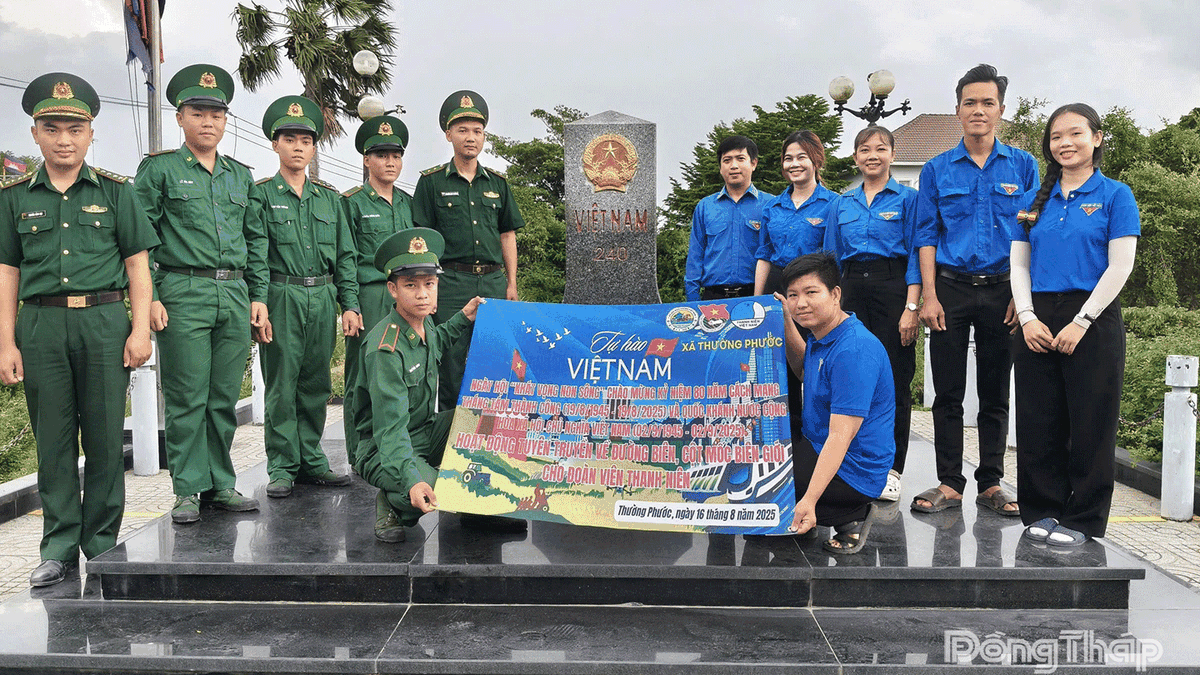
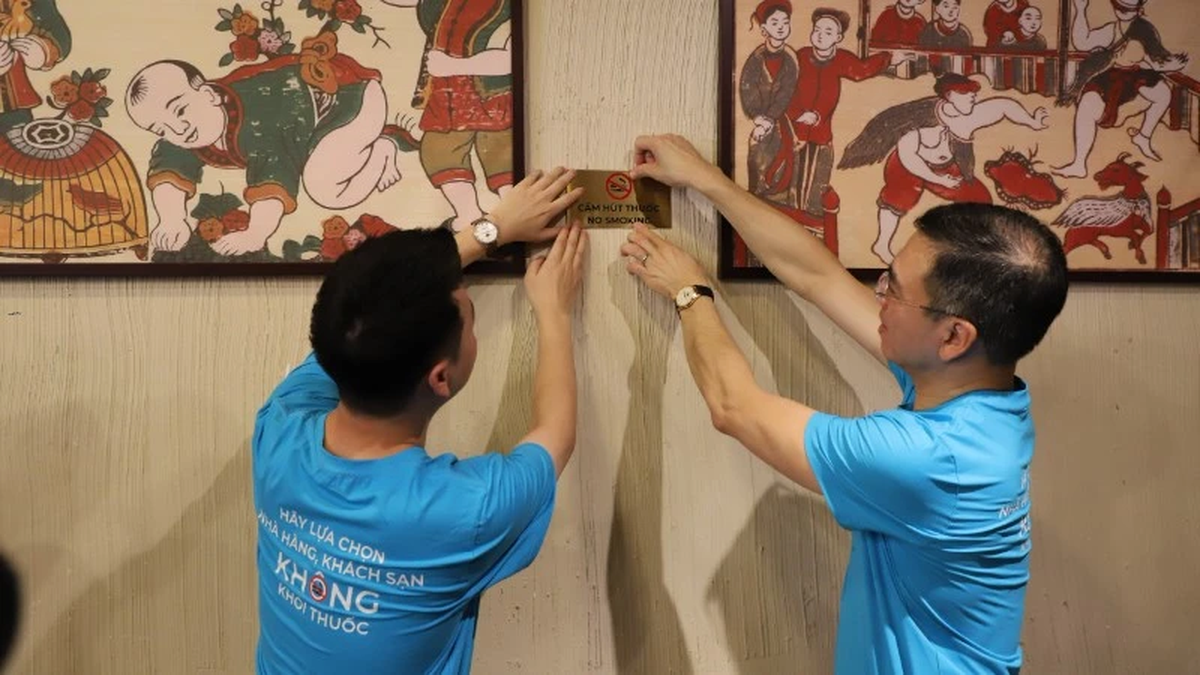
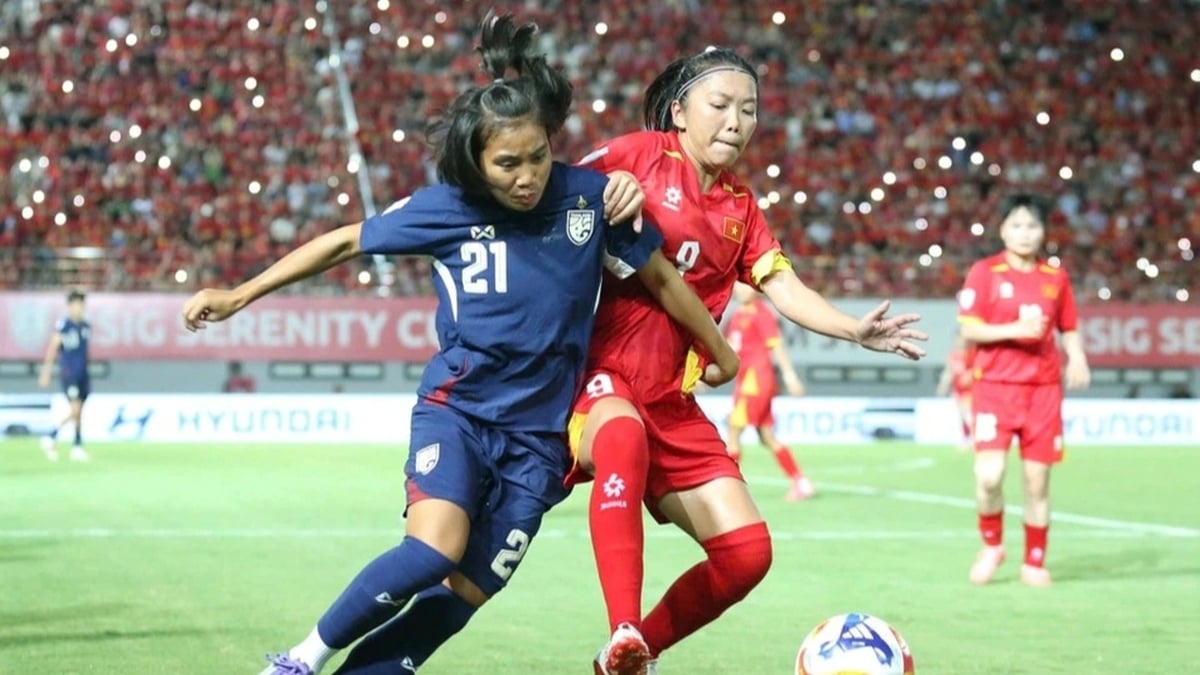
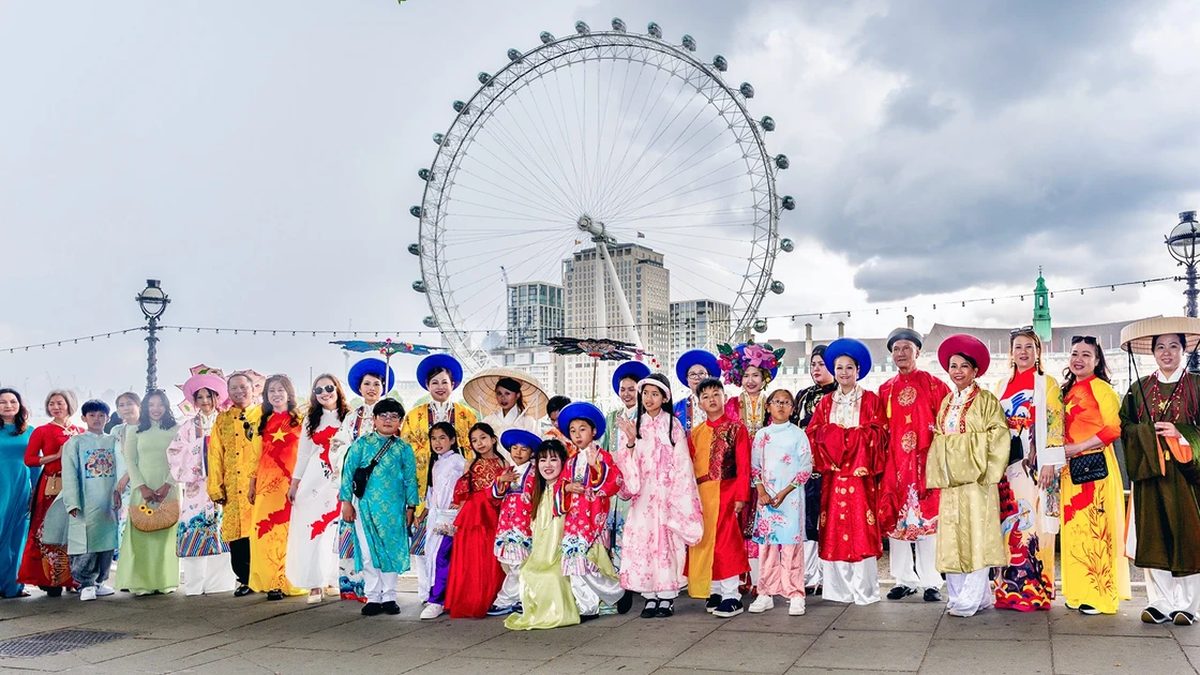
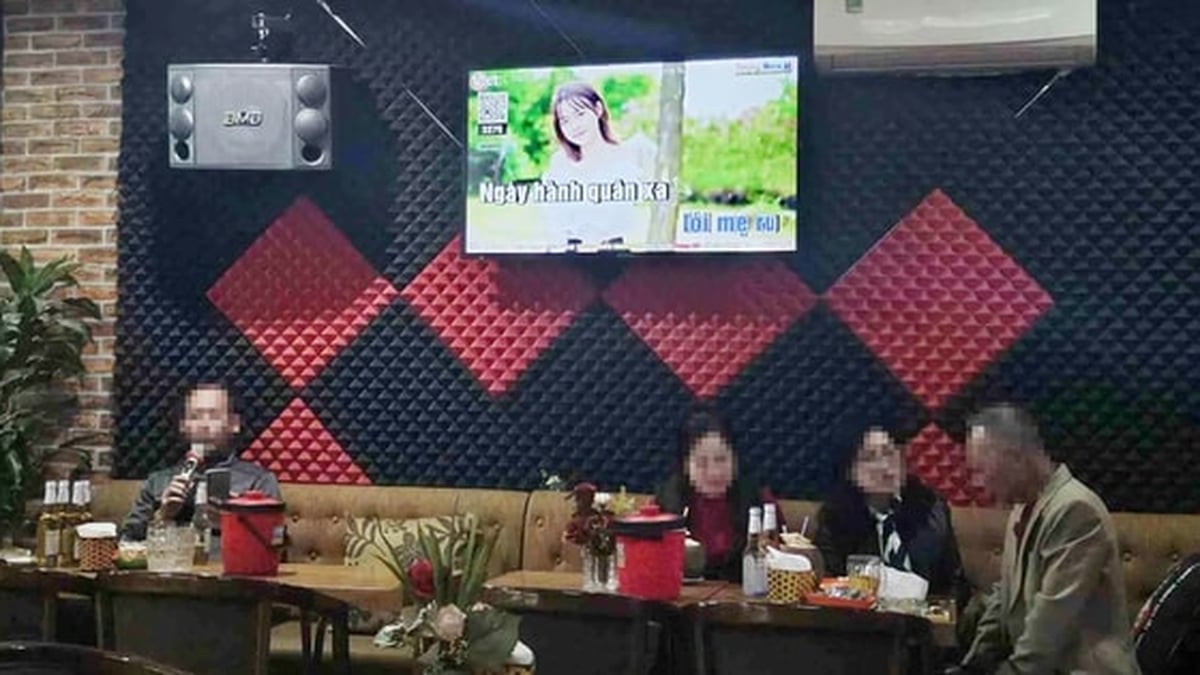
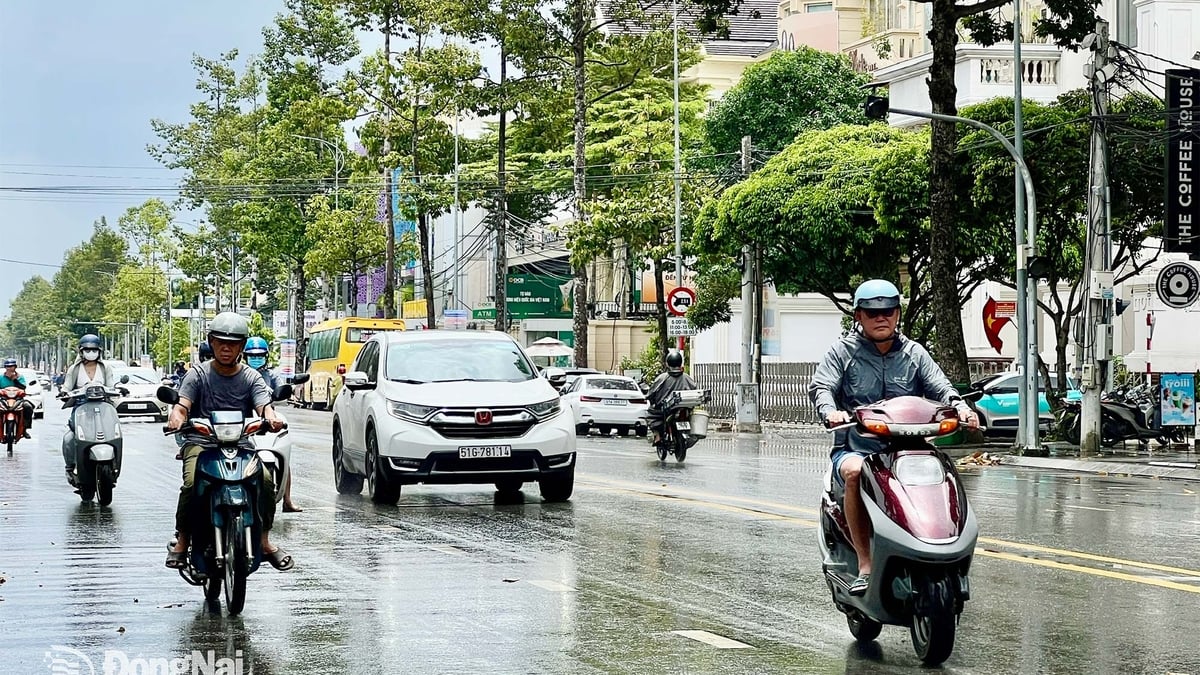
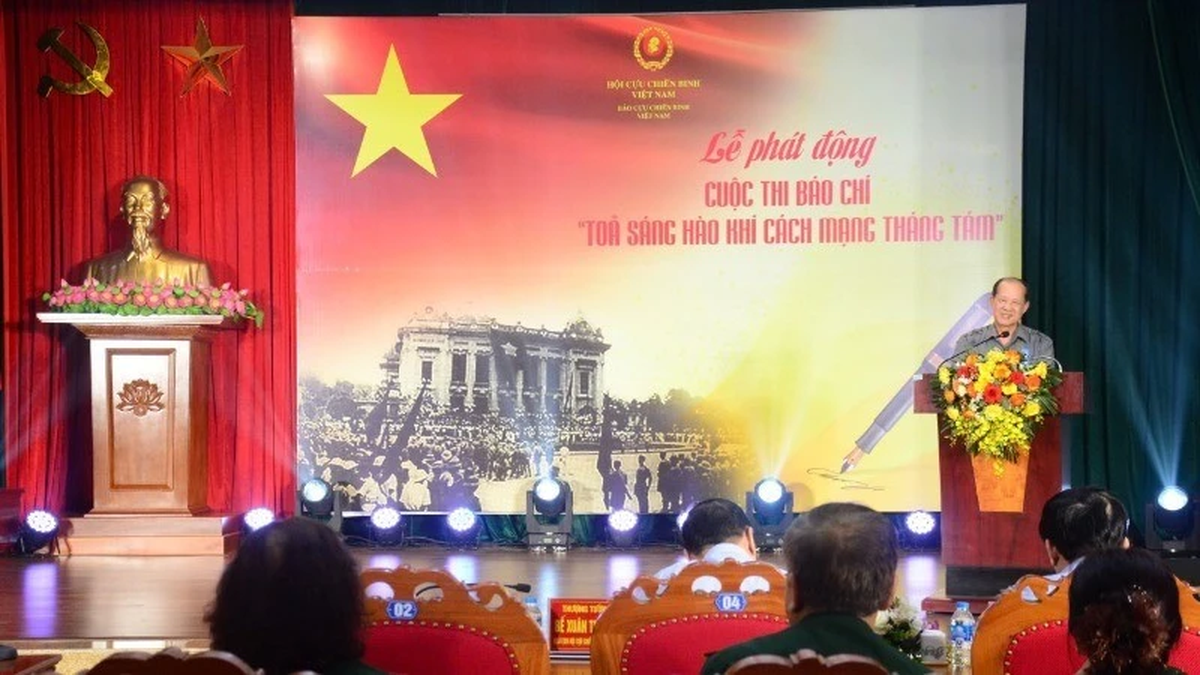
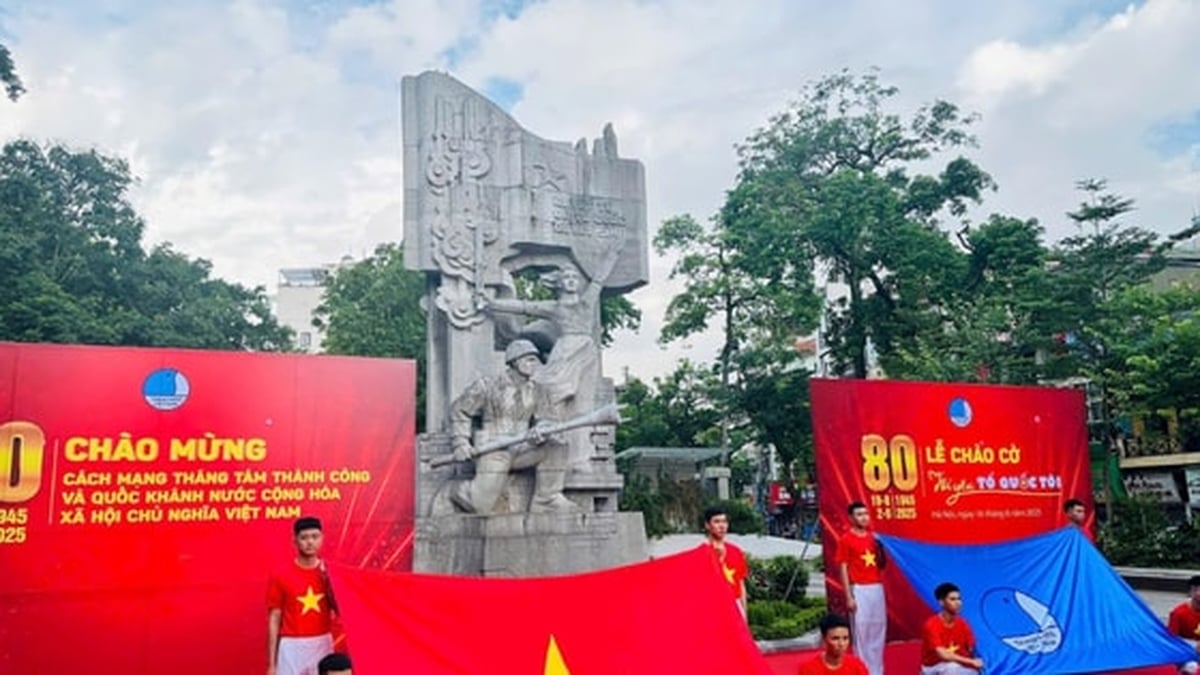
![[Photo series] Admire the skylight glass roof gradually taking shape at the 35 trillion VND terminal of Long Thanh Airport](https://vphoto.vietnam.vn/thumb/1200x675/vietnam/resource/IMAGE/2025/8/16/851fc79edc1e4b1ab9e51763f85ede9a)










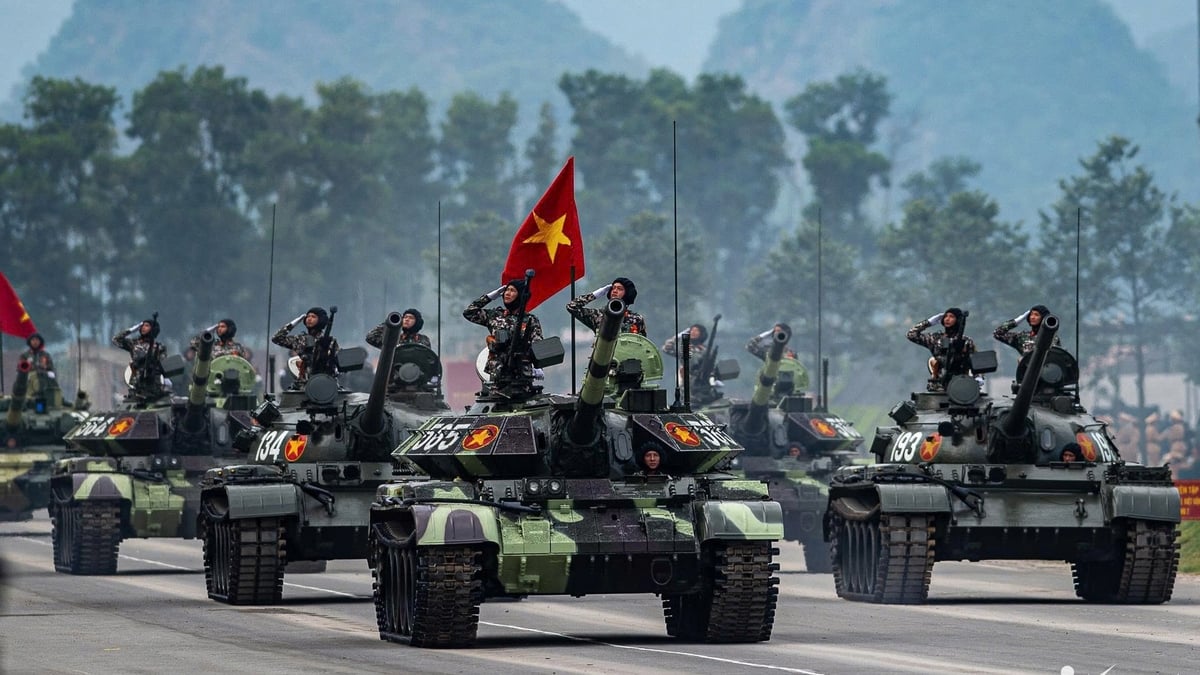
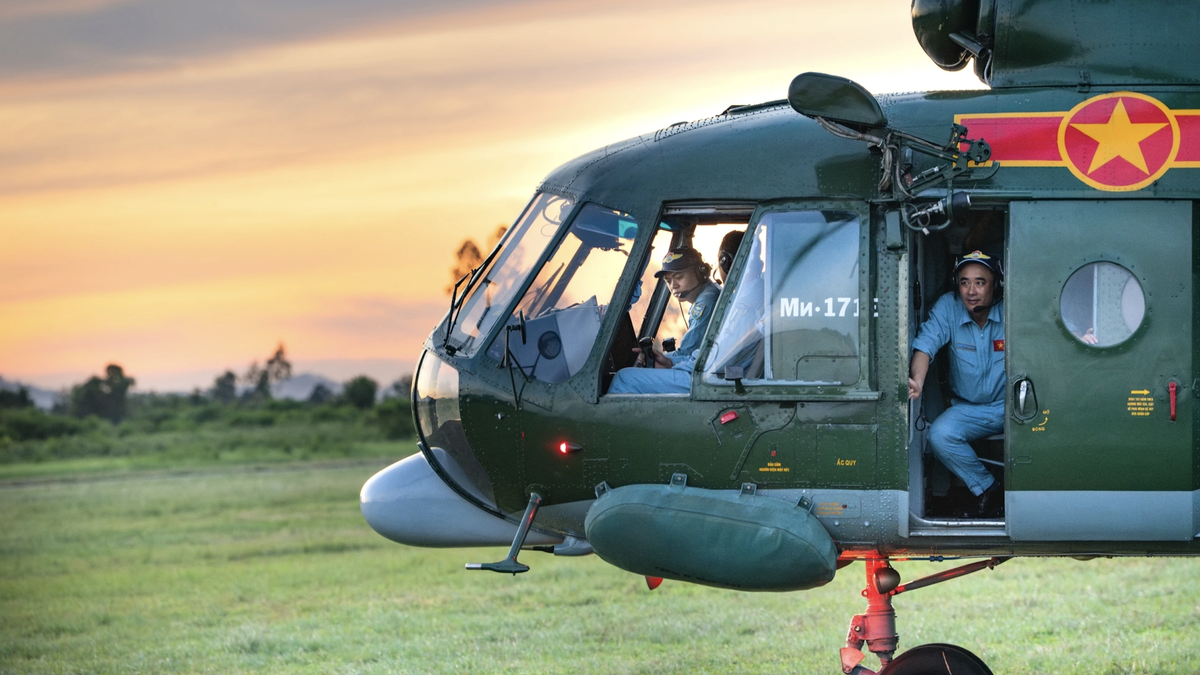
![[Photo] Prime Minister Pham Minh Chinh attends a special art program called "Hanoi - From the historic autumn of 1945"](https://vphoto.vietnam.vn/thumb/1200x675/vietnam/resource/IMAGE/2025/8/15/c1c42655275c40d1be461fee0fd132f3)
![[Photo] National Assembly Chairman Tran Thanh Man attends the inauguration ceremony of President Ton Duc Thang Memorial House](https://vphoto.vietnam.vn/thumb/1200x675/vietnam/resource/IMAGE/2025/8/16/23555950872d428a8708a1e2f94cbf59)
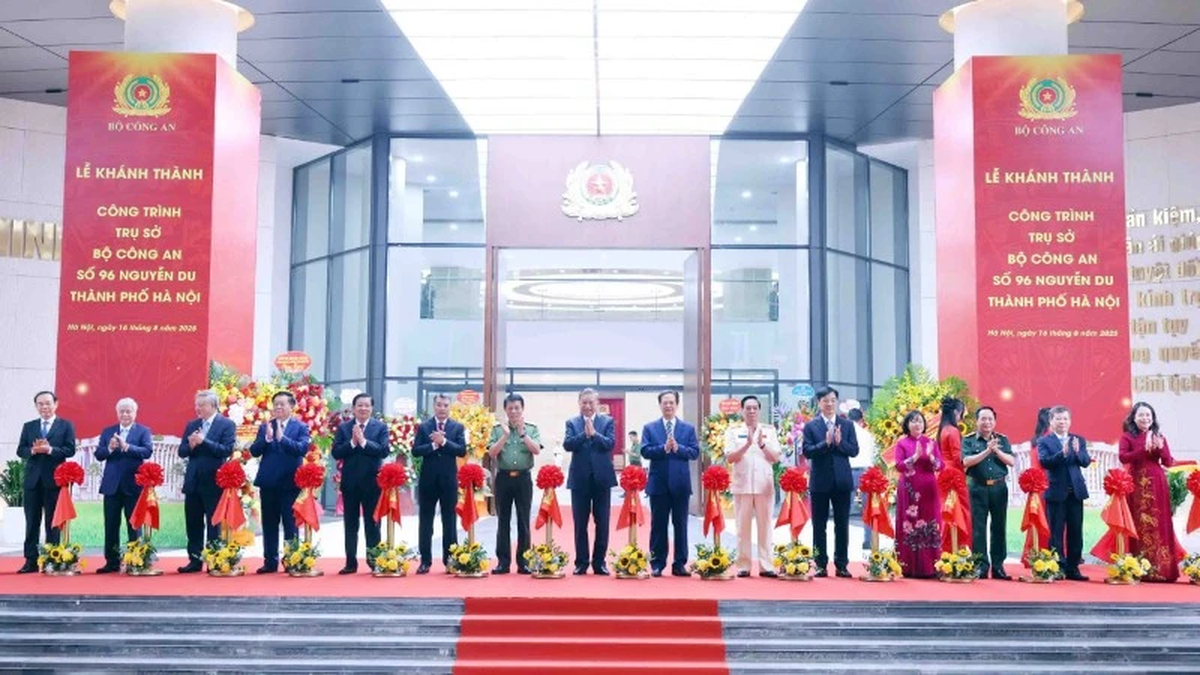
![[Photo] Prime Minister Pham Minh Chinh talks on the phone with Cambodian Prime Minister Hun Manet](https://vphoto.vietnam.vn/thumb/1200x675/vietnam/resource/IMAGE/2025/8/15/72d3838db8154bafabdadc0a5165677f)
![[Photo] “Moving forward with Vietnam” on the most romantic road in Vietnam](https://vphoto.vietnam.vn/thumb/1200x675/vietnam/resource/IMAGE/2025/8/16/0ee500bc59fd4468863261ee26f47fe7)
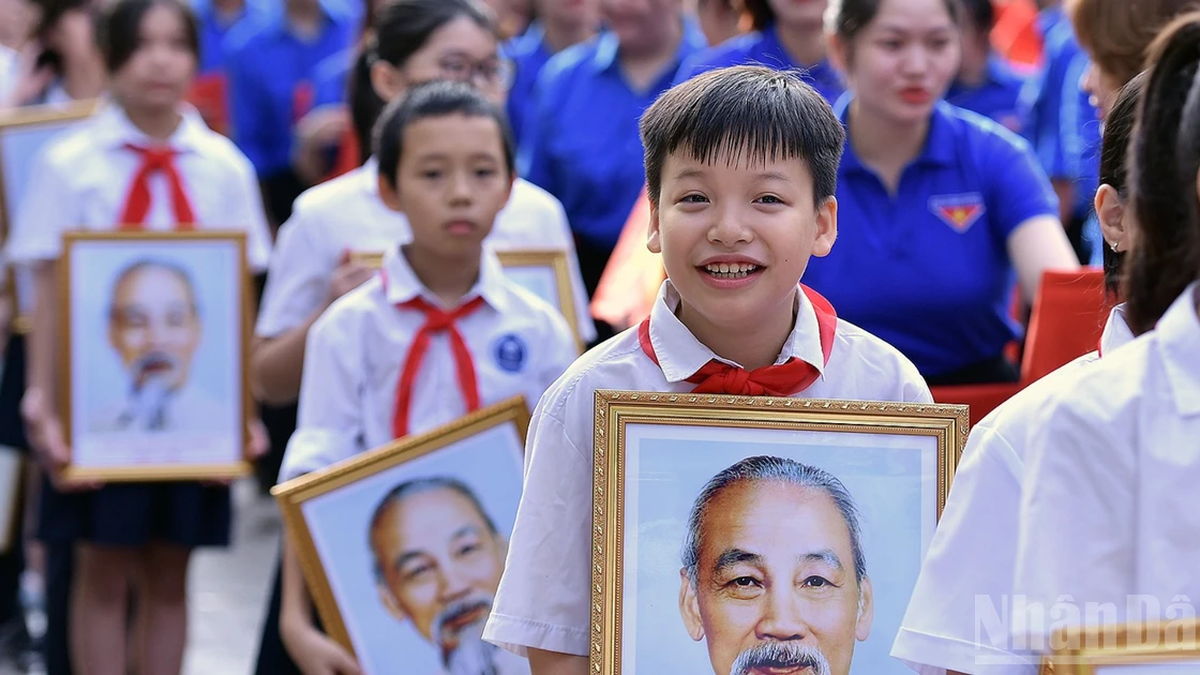
![[Photo] Red and yellow stars at the launching ceremony of the program "Moving Forward with Vietnam"](https://vphoto.vietnam.vn/thumb/1200x675/vietnam/resource/IMAGE/2025/8/16/076df6ed0eb345cfa3d1cd1d7591a66f)
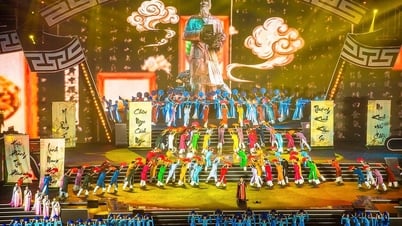

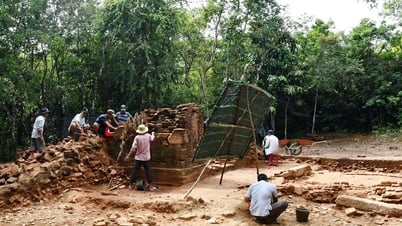

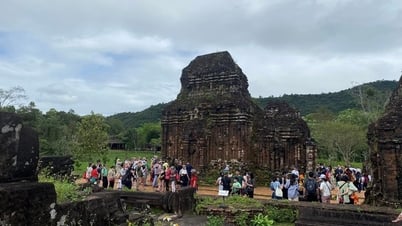



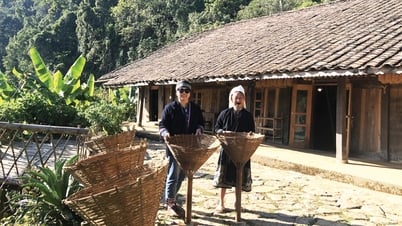




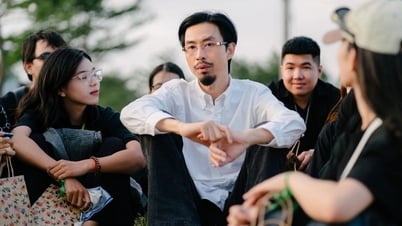

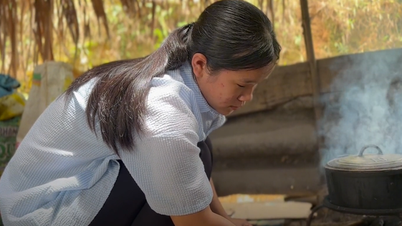





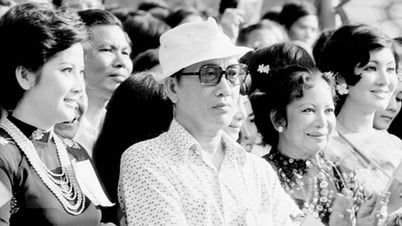

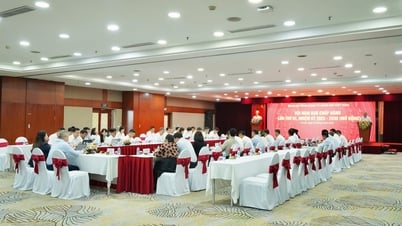




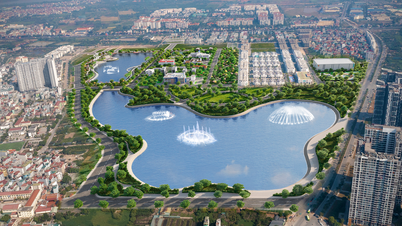
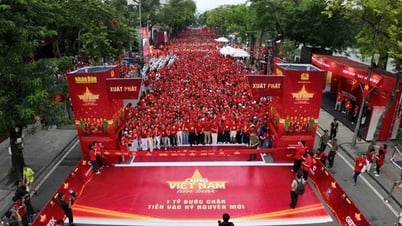

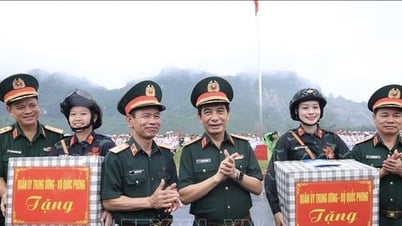

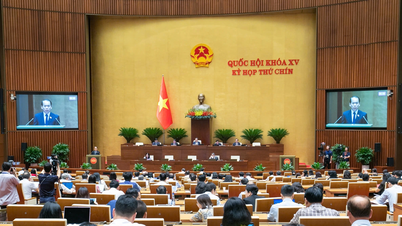

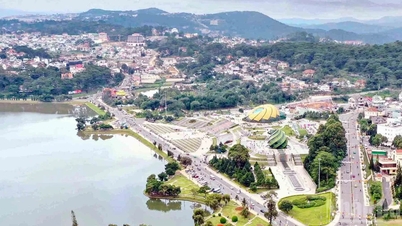


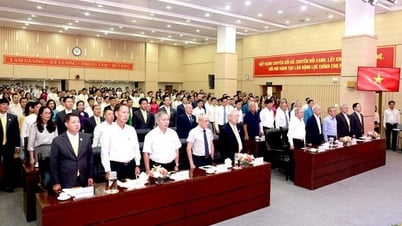




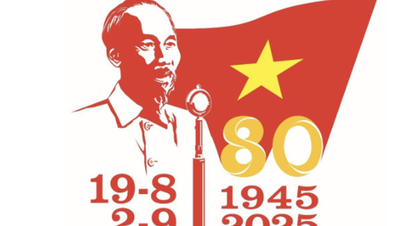























Comment (0)